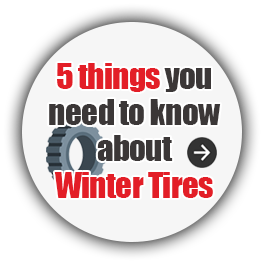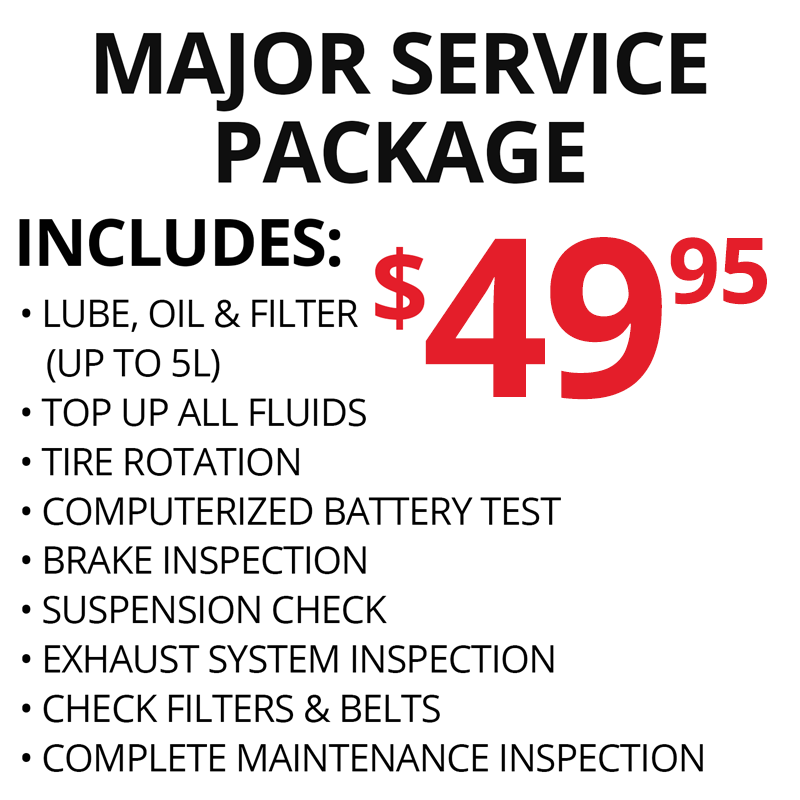All Season Versus the Summer Tire
As we are now on the second half of winter and you start thinking about taking off your winter tires it may be time to buy a new set of tires for your vehicle.
The debate now switches from all season tire versus winter tire to all season tire versus summer tire. When making a decision it's important to understand the benefits and limitations for both.
All Season Tires
This tires provides a balance in its capabilities as its performance is acceptable in wet and dry conditions, while working well in snow. The all-season tire is the tire of the average driver. It has moderate tread depths and rubber compounds engineered to have longer life in their treads that the shallower tread depths of summer tires don't have.
Numerous vehicles from the economy car, sedan, mini-vans and pickup trucks, all of which have different types/models, load capacities, sizes and ratings for speed, are able to use all-season tires. All-season tires can provide most drivers with the suitable ride comfort, handling and a number of other attributes related to performance.
These tires don't have as much grip as summer tires and don't have the same capabilites for braking, steering and cornering. This lets the all-season tire perform better in light winter conditions and have a longer tread life.
Summer Tires
A summer tire is best suited for a high-performance vehicles that are built for speed and agility. At the same time they have better capabilities for responsiveness, cornering and braking. This is often attributed to specialized tread patterns and rubber compounds that provide better precision when driving. Summer tire tread patterns have less grooving, more rubber connects with the road and have the most road-holding grip. The compounds in this type of tire are more flexible and have better traction and grip. They also have shallower tread depth for more stability when reaching their limits.
Dimension characteristics, speed capability and various other design features make the summer tire better suited and capable for performing better in wet and dry conditions for sports-oriented vehicles. The summer tire is also for wet driving conditions because of unique tread patterns that remove water quickly and reduced hydroplanning.



